Eco-Friendly Irrigation: Using RO Reverse Osmosis Plants in Agriculture
As the agricultural sector faces increasing challenges related to water scarcity, salinity, and sustainability, Reverse Osmosis (RO) technology emerges as a transformative solution. RO plants are redefining irrigation systems by providing clean, desalinated water, enhancing crop productivity, and promoting environmentally friendly practices. This article delves into the benefits, applications, and value of integrating RO reverse osmosis plants in agriculture.
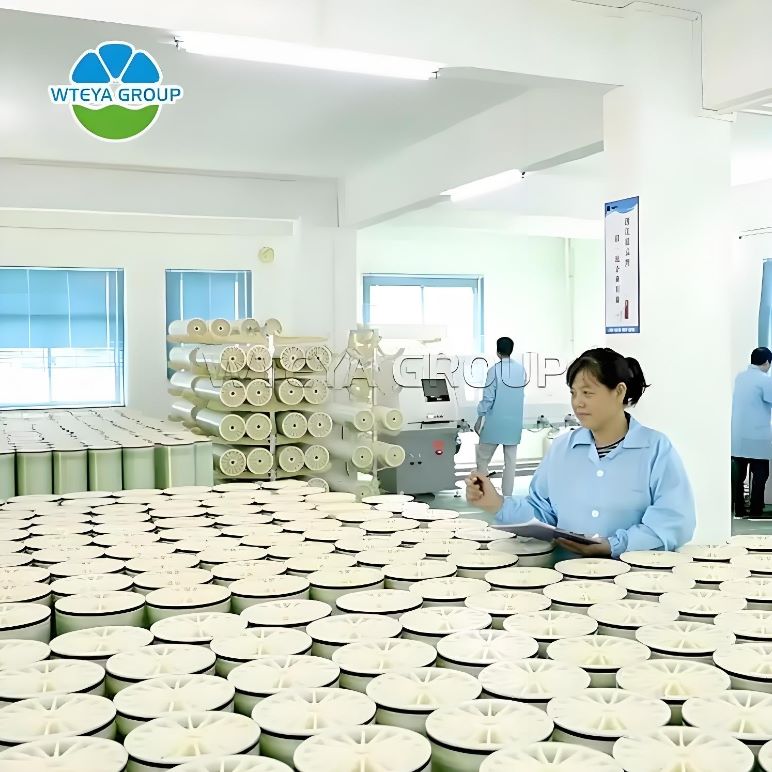
Pain Points in Agricultural Irrigation
Water Scarcity: Many regions face limited access to fresh water, threatening crop yields and food security.
Saline Water Sources: High salinity in water damages soil fertility and stunts plant growth.
Chemical Contamination: Water contaminated with industrial or agricultural runoff harms crops and reduces soil health.
Unpredictable Rainfall: Farmers in arid and semi-arid areas cannot rely solely on natural precipitation for irrigation.
High Operating Costs: Traditional desalination or water treatment methods can be costly and energy-intensive.
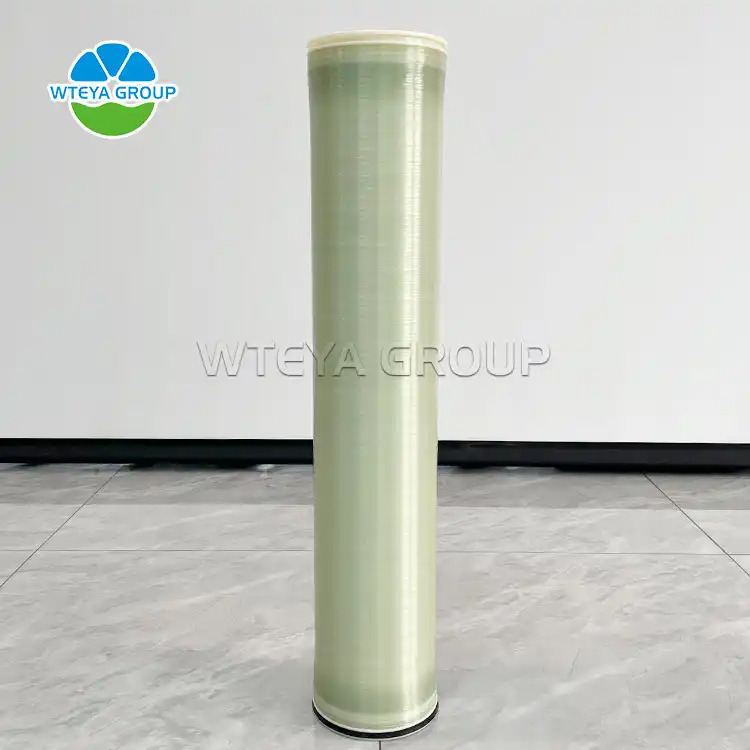
Applications of RO Reverse Osmosis Plants in Agriculture
Desalination of Saline Water: Converts brackish or saline water into freshwater suitable for irrigation.
Greenhouse Farming: Provides pure water for high-value crops grown in controlled environments.
Livestock Operations: Supplies clean drinking water for animals, reducing disease risks.
Hydroponic Systems: Ensures water purity, critical for soilless agriculture methods.
Reclaimed Water Use: Treats wastewater for safe agricultural reuse, conserving natural resources.
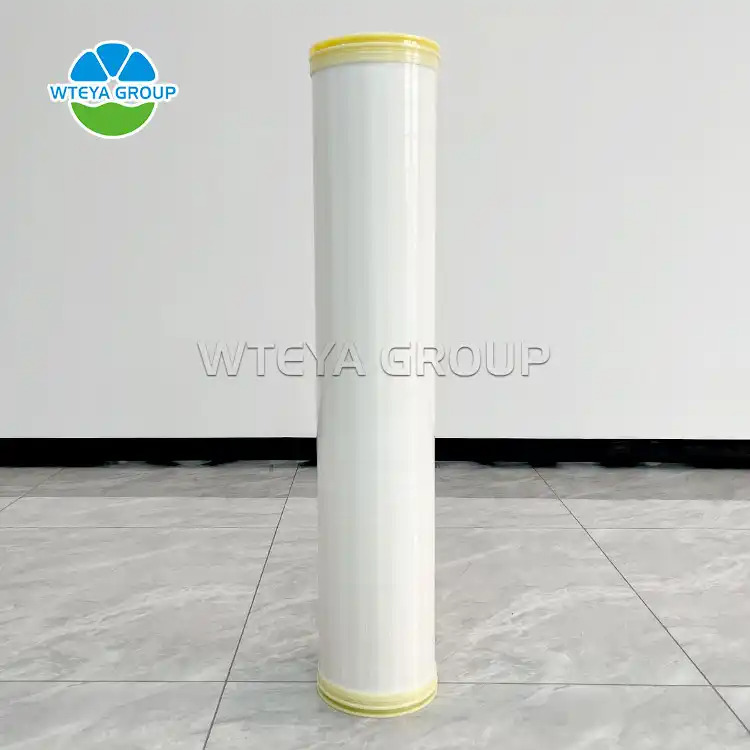
Key Selling Points of RO Reverse Osmosis Plants
High Purity Water Output: Removes up to 99% of salts, contaminants, and impurities.
Energy Efficiency: Modern designs incorporate energy recovery systems, reducing operational costs.
Compact and Modular Design: Easy to install, maintain, and scale based on agricultural needs.
Customizable Systems: Configurable to suit water quality and crop-specific requirements.
Longevity and Reliability: Durable materials and advanced technology ensure consistent performance.
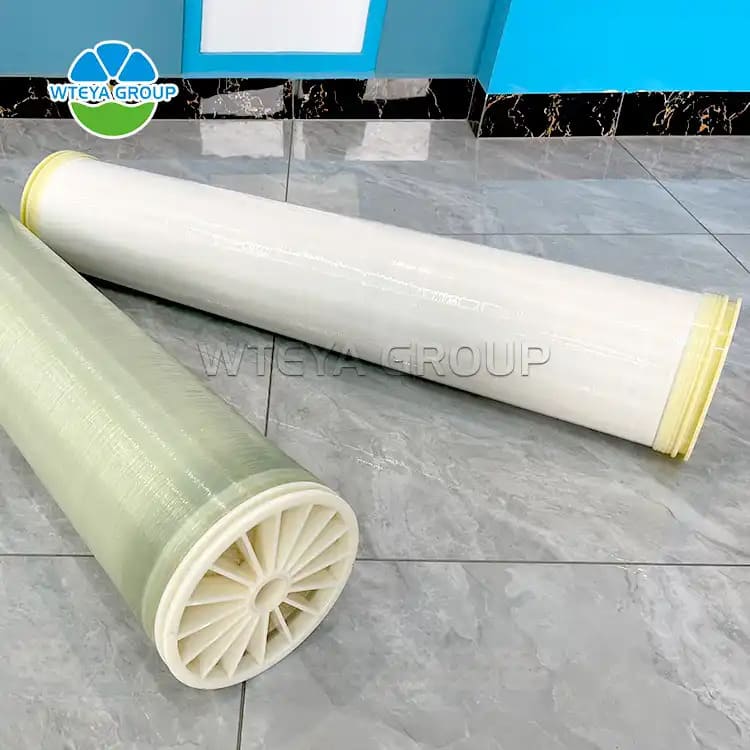
Advantages of RO Reverse Osmosis in Agriculture
Improved Crop Yields: Access to clean water enhances plant health and growth.
Soil Protection: Eliminates salt buildup in the soil, maintaining long-term fertility.
Water Resource Optimization: Converts otherwise unusable water sources into valuable resources.
Eco-Friendly Solution: Reduces the need for chemical additives and promotes sustainable farming practices.
Cost-Effectiveness: Reduces water-related risks and improves efficiency over time, lowering operational expenses.
Product Design Features of RO Plants for Agriculture
Pre-Treatment Systems: Removes large particles and chlorine to protect membranes from damage.
High-Pressure Pumps: Ensures efficient water flow and optimal membrane performance.
Advanced Membranes: Designed to filter fine salts, heavy metals, and bacteria effectively.
Automated Controls: Smart sensors and controls simplify operation and monitoring.
Energy Recovery Units: Reduce power consumption and operational costs.
Scalable Design: Modular units accommodate various agricultural scales, from small farms to large plantations.
How RO Plants Solve Agricultural Challenges
Addressing Salinity: Removes harmful salts, enabling irrigation even in saline-affected regions.
Enhancing Sustainability: Promotes the reuse of treated wastewater and reduces freshwater dependence.
Mitigating Waterborne Diseases: Eliminates pathogens, protecting crops and livestock.
Boosting Efficiency: Saves water and energy while providing consistent output quality.
Future-Proofing Agriculture: Helps farmers adapt to climate change and water scarcity challenges.
Why Choose RO Plants for Agriculture?
Environmental Impact: RO plants use less energy and produce fewer emissions compared to other desalination technologies.
Global Applicability: Suitable for diverse climates, water sources, and agricultural practices.
Long-Term Investment: While initial costs may be higher, the return on investment is evident in increased productivity and reduced resource wastage.
Versatility: Supports multiple farming methods, including open-field irrigation, greenhouse cultivation, and aquaponics.
Government Incentives: Many countries offer subsidies or tax benefits for adopting sustainable water technologies.
Innovative Applications of RO Technology in Agriculture
Smart Irrigation Systems: Integrates RO with IoT devices for real-time water quality and usage monitoring.
Fertilizer Management: Delivers clean water for precise nutrient mixing in drip irrigation systems.
Desert Agriculture: Enables farming in arid regions by transforming brackish groundwater into usable irrigation water.
Agri-Tourism: Enhances farm-based experiences by showcasing sustainable water solutions.
Climate-Resilient Farming: Helps mitigate the effects of droughts and water scarcity, ensuring food security.
Environmental and Economic Value of RO Plants
Reduced Carbon Footprint: Energy-efficient models minimize greenhouse gas emissions.
Waste Minimization: Innovative systems recover and reuse concentrate for industrial or other non-agricultural applications.
Sustainable Development: Supports circular water management, aligning with global environmental goals.
Cost Savings: Cuts water procurement costs and reduces losses due to poor water quality.
Community Impact: Improves access to clean water, benefiting rural farming communities.
Tips for Implementing RO Plants in Agriculture
Assess Water Needs: Evaluate the specific water quality and quantity requirements of your crops.
Choose the Right Size: Select a system that matches your farm’s scale and future growth plans.
Consider Pre-Treatment Needs: Ensure raw water is appropriately pre-treated to prolong membrane life.
Monitor System Performance: Use automated controls for real-time data and proactive maintenance.
Plan for Maintenance: Schedule regular cleaning and servicing to maintain efficiency and longevity.
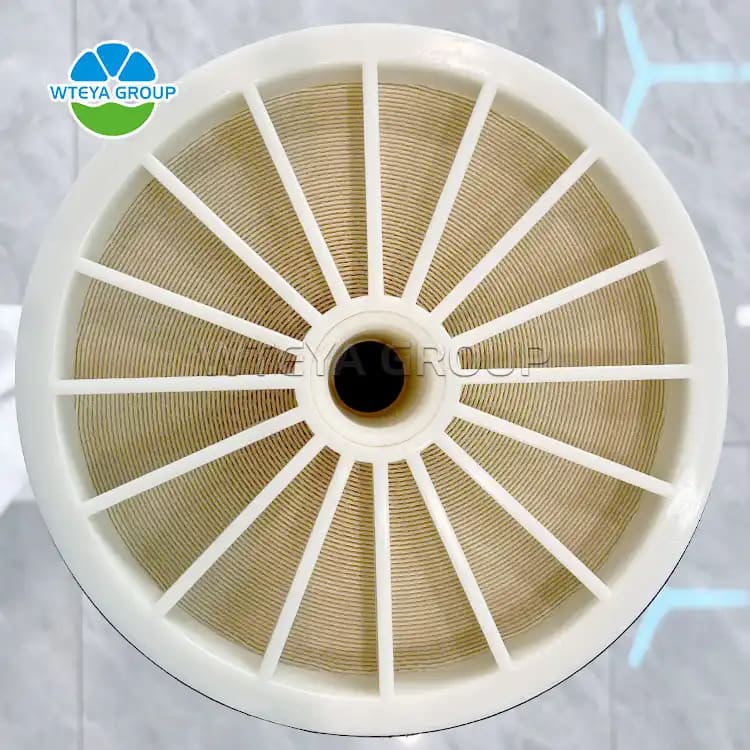
Conclusion
RO reverse osmosis plants are revolutionizing agricultural irrigation by addressing critical pain points like water scarcity, salinity, and contamination. Their advanced design, environmental benefits, and versatility make them a valuable asset for sustainable farming.
By adopting this innovative technology, farmers can secure reliable water resources, protect soil health, and boost crop productivity. As global water challenges intensify, RO plants provide a pathway to eco-friendly, efficient, and future-ready agriculture.







